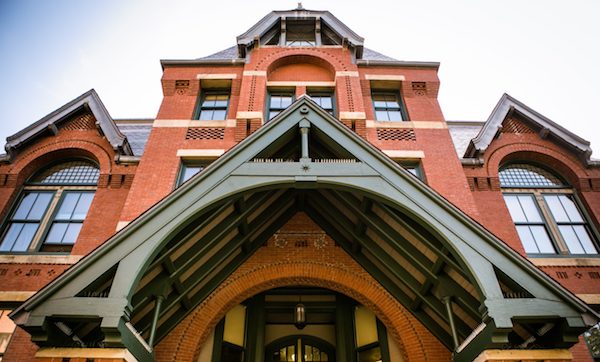Videos
Speakers
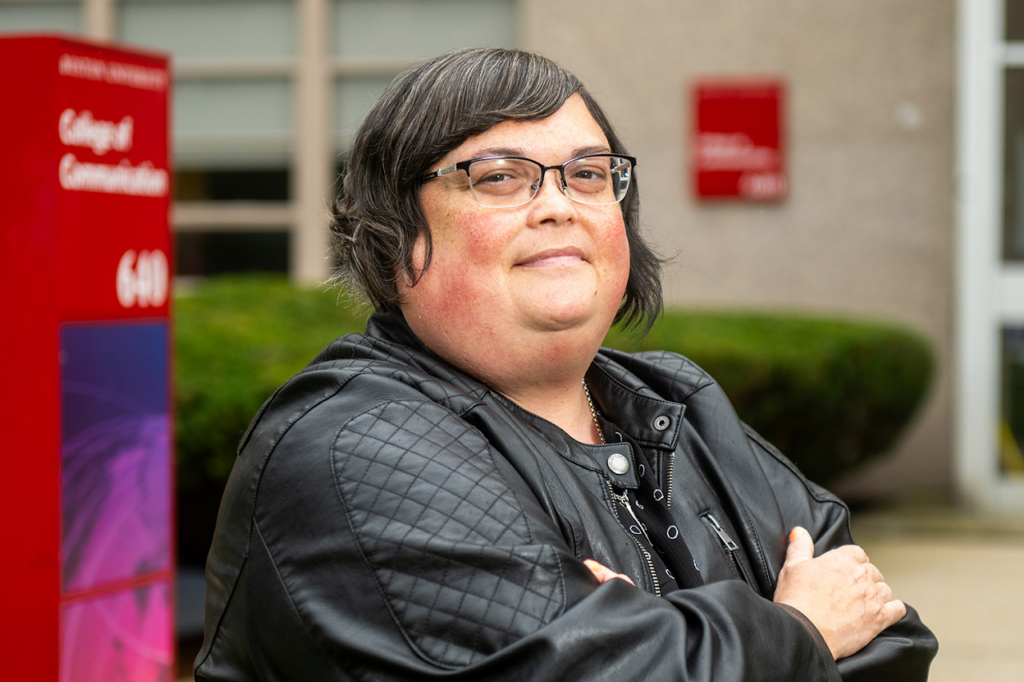
Joan Donovan
Assistant Professor of Journalism and Emerging Media Studies, Boston University College of Communication
Joan Donovan, PhD is an Assistant Professor of Journalism and Emerging Media Studies at Boston University. Dr. Donovan is a sociologist of knowledge, who examines internet and technology systems, online extremism, media manipulation, and disinformation campaigns. She is the coauthor of Meme Wars: The Untold Story of the Online Battles Upending Democracy in America.
Dr. Donovan’s research explores how media manipulation is a means to control public conversation, derail democracy, and disrupt society. She conducts research, develops methods, and facilitates workshops for journalists, policy makers, technologists, and civil society organizations on how to detect, document, and debunk media manipulation campaigns.
Dr. Donovan’s research can be found in academic peer-reviewed journals such as Social Media + Society, Journal of Contemporary Ethnography, Information, Communication & Society, Social Studies of Science, and Online Information Review. Her contributions can also be found in the books, Data Science Landscape: Towards Research Standards and Protocols and Unlike Us Reader: Social Media Monopolies and Their Alternatives. Dr. Donovan’s research and expertise has been showcased in a wide array of media outlets including NPR, Washington Post, The New York Times, Rolling Stone, The Atlantic, MIT Technology Review and more.
Prior to joining Boston University, Dr. Donovan was the Research Director at the Shorenstein Center on Media Politics and Public Policy, where she led a world-class lab addressing media manipulation and disinformation’s impact on public health, national security, and global politics. From 2017-2018, she was the Research Lead for Data & Society’s Media Manipulation Initiative, where she led a large team of researchers studying efforts to manipulate sociotechnical systems for political gain.
Dr. Donovan received her Ph.D. in Sociology and Science Studies from the University of California San Diego, and was a postdoctoral fellow at the UCLA Institute for Society and Genetics, where she studied white supremacists’ use of DNA ancestry tests, social movements, and technology. Her research won awards in 2020 from the American Sociological Association and the Society for the Social Studies of Science.
She also co-created the beaver emoji .
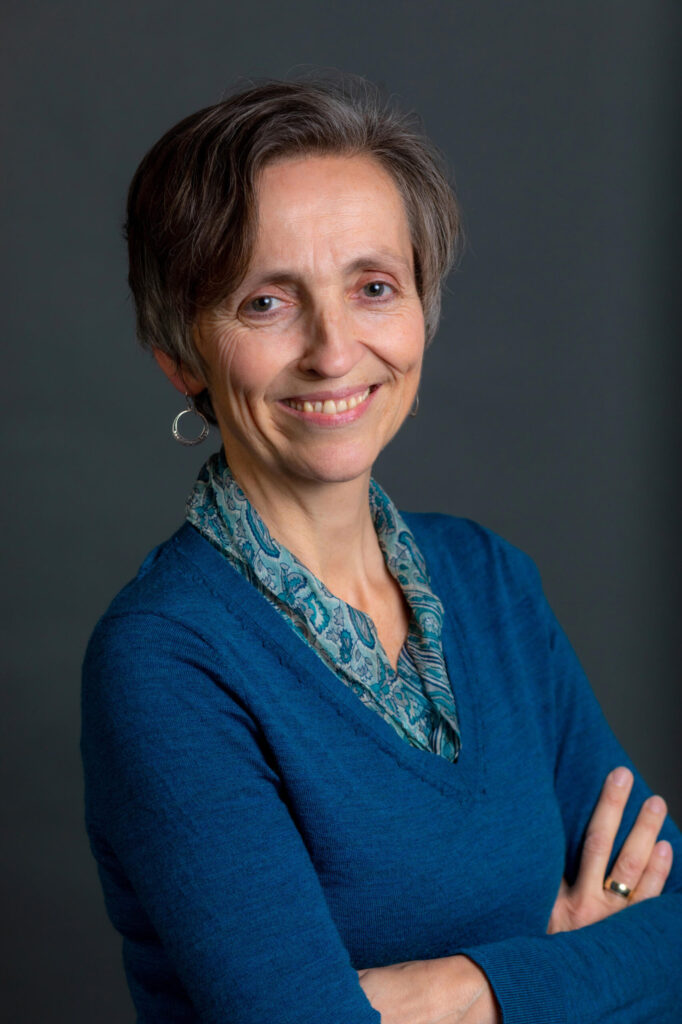
Stefanie Friedhoff
Co-Founder and Co-Director, Information Futures Lab; Professor of the Practice and Senior Director of Strategy and Innovation, Brown University School of Public Health
Stefanie Friedhoff is co-founder and co-director of the Information Futures Lab (IFL), Professor of the Practice, and Senior Director of Strategy and Innovation at the Brown University School of Public Health. She is a leading media, communications and global health strategist, and an expert at knowledge translation, information creation, and verification. From July 2022 to May 2023, Friedhoff served as a senior policy advisor on the White House Covid-19 Response Team, focusing on population information needs, health equity, community engagement, and medical countermeasure uptake.
At Brown, Friedhoff studies information ecosystems and the relationships between information needs, information inequities, and health outcomes. Partnering with creators of trusted information in rapidly changing information ecosystems, she creates co-designing and capacity-building opportunities and research initiatives aimed at meeting the information needs of diverse populations.
Throughout the COVID-19 pandemic, Friedhoff has taken a leadership role in building coalitions and generating and translating evidence to fill gaps and initiate action in the Public Health response, by supporting the public health workforce, policy makers and the public with crucial information and initiatives. For example, she served as a Design and Research Partner in the Rockefeller Foundation’s Equity-First Vaccination Initiative and led the secretariat for the Rockefeller Foundation’s Equity Advisory Council. She helped build the Justice, Health and Democracy Impact Initiative, and Brown SPH’s Long Covid Initiative. She is the lead investigator of the the STAT Network, a peer network of over 600 state public health leaders responding to infectious disease and other public health challenges.
Friedhoff’s pandemic communications initiatives such as Global Epidemics, the Covid Testing Communications Toolkit, and the Preprint Sifter, and key media partnerships translating Covid-19 evidence into practical information for decision-makers and the public, have reached millions of people. She has served as an expert advisor to the Pew Research Center, an expert contributor to the Covid Collaborative, and a trustee to the Trust for Trauma Journalism.
Prior to Brown, Friedhoff was Director of Content and Strategy at the Harvard Global Health Institute and led Programs and Special Projects at The Nieman Foundation for Journalism at Harvard. She founded Nieman’s Trauma Journalism Program and Global Health Reporting Fellowships, and continues to teach trauma and resilience workshops for journalists. She created Nieman’s first online guide, coveringflu.org, initiated key conversations on issues such as Immigration, Covering Elections, and Covering Violence and Tragedy, and led early explorations of the role of truth in a changing media ecosystem through projects such as “From Watergate to Wikileaks” (2010) and Truth in the Social Media Age (2012).
Throughout her career, Friedhoff has worked as a foreign correspondent, feature writer, editor and photographer on three continents. Her stories have been published in TIME, The Boston Globe, Sueddeutsche Zeitung, Frankfurter Allgemeine, Nieman Reports, and many other publications. She was a 2001 Nieman Fellow at Harvard University.
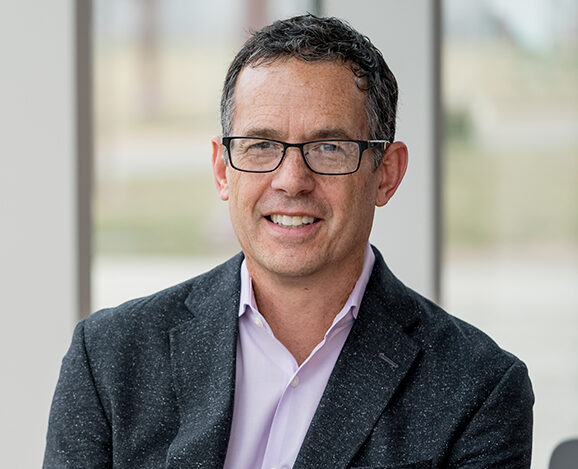
Matthew Kreuter
Kahn Family Professor and Director of the Health Communication Research Laboratory, The Brown School, Washington University in St. Louis
Matthew Kreuter is a leading national public health expert in the field of health communications. He currently serves as a member of the Faculty Advisory Council of the Institute for Public Health at Washington University, and he holds a secondary appointment at Washington University’s School of Medicine. As founder and senior scientist of the Health Communication Research Laboratory, Kreuter has developed and evaluated a wide range of health communications programs to promote health, modify behavior, and prevent and manage disease. His book “Tailoring Health Messages” is the first comprehensive book on tailored health communication.
Kreuter currently serves on the Institute of Medicine’s Board on Population Health and Public Health Practice. Other funders of his work include the National Institute for Child Health and Human Development, National Institute of Nursing Research, U.S. Centers for Disease Control and Prevention, the office of Disease Prevention and Health Promotion, and the Susan G. Komen Breast Cancer Foundation.
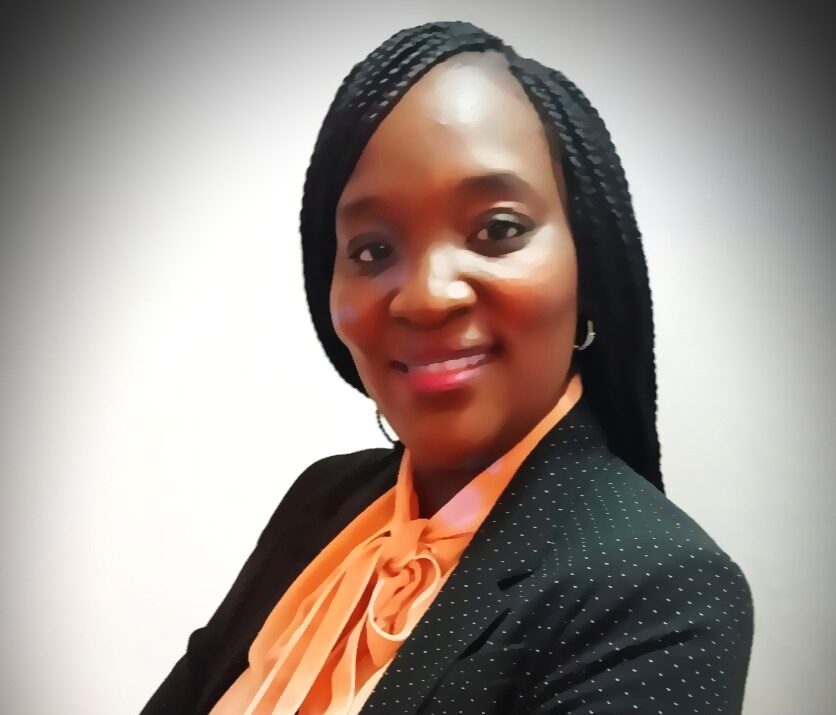
Khadidiatou Ndiaye
Teaching Associate Professor; Director, Public Health Communication & Marketing Program, George Washington University Milken Institute School of Public Health
Dr. Khadidiatou Ndiaye is an Associate Teaching Professor in the Department of Prevention & Community Health and the director of the Public Health Communication & Marketing program.
Dr. Ndiaye’s research centers on culture, global health, and behavior change communication. She explores how culture impacts the fundamental understanding of health as well as individual, and communities’ risk and behaviors. Her work highlights the unique health experiences of Sub- Saharan African communities and their implications for not only understanding health risk risks also designing contextually appropriate interventions.

Mariette DiChristina (COM'86)
Dean, Boston University College of Communication
Mariette DiChristina is dean of Boston University’s College of Communication and a professor of the practice in journalism. Before arriving at BU in 2019, DiChristina was the first female editor-in-chief and executive vice president of Scientific American, as well as executive vice president, Magazines Division, of its publisher, Springer Nature. In that capacity, she also oversaw the journalists for the journal Nature’s magazine, as well as the Nature Research custom content and publishing groups.
An elected Fellow of the American Association for the Advancement of Science, she serves on the advisory committee of Climate Crossroads for the U.S. National Academies of Science, Engineering, and Medicine; on the Practice and Science of Civic Science Advisory Committee for the Civic Science Fellows program; and the executive board of Society for Science, publisher of Science News. For the past several years, DiChristina has also chaired the Steering Group for the “Top 10 Emerging Technologies” for the World Economic Forum.
Previously, DiChristina was president of the National Association of Science Writers and executive editor of Popular Science. She also enjoyed working with students as a part-time associate professor and visiting scholar in the graduate Science, Health, and Environmental Reporting Program at New York University and as a science writer in residence at the University of Wisconsin-Madison.
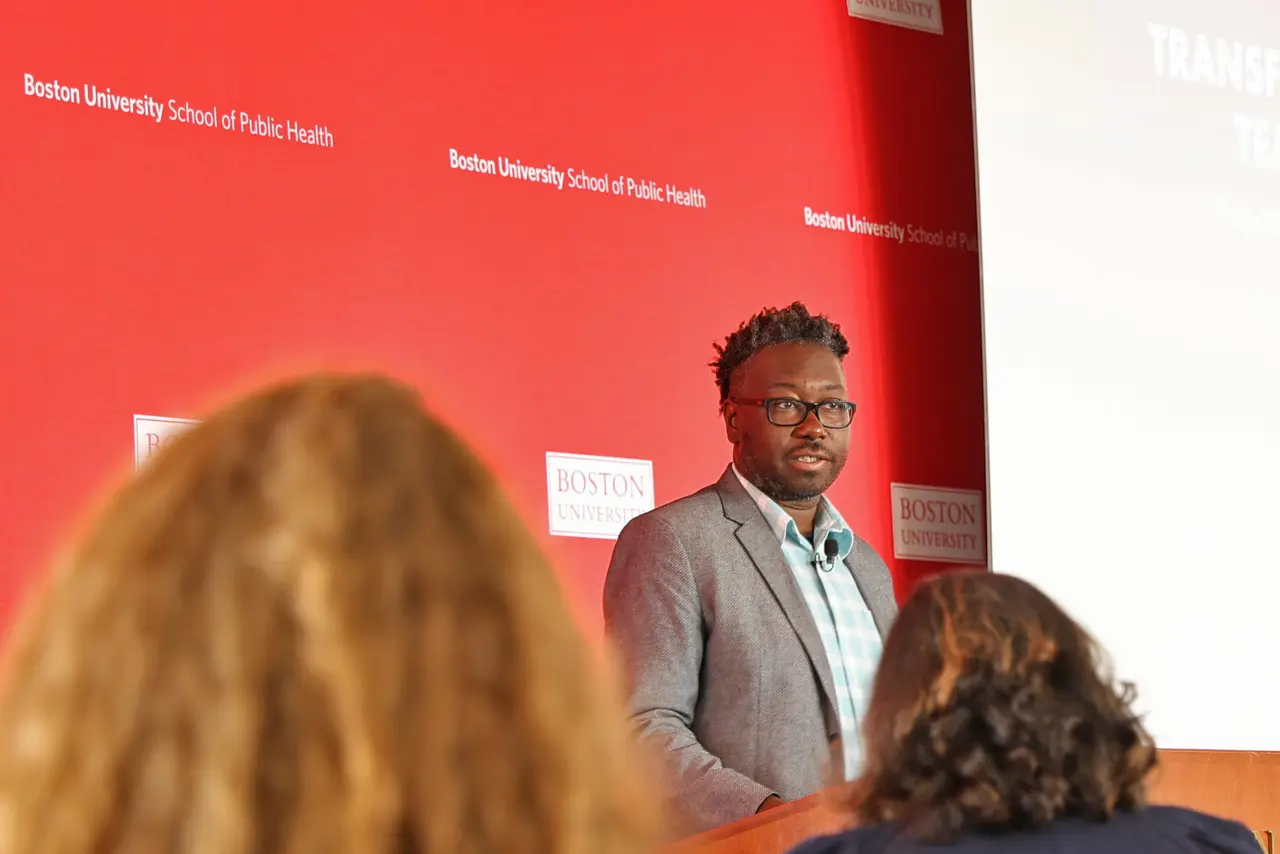
Subscribe to PHC
Get the latest from Boston University School of Public Health

